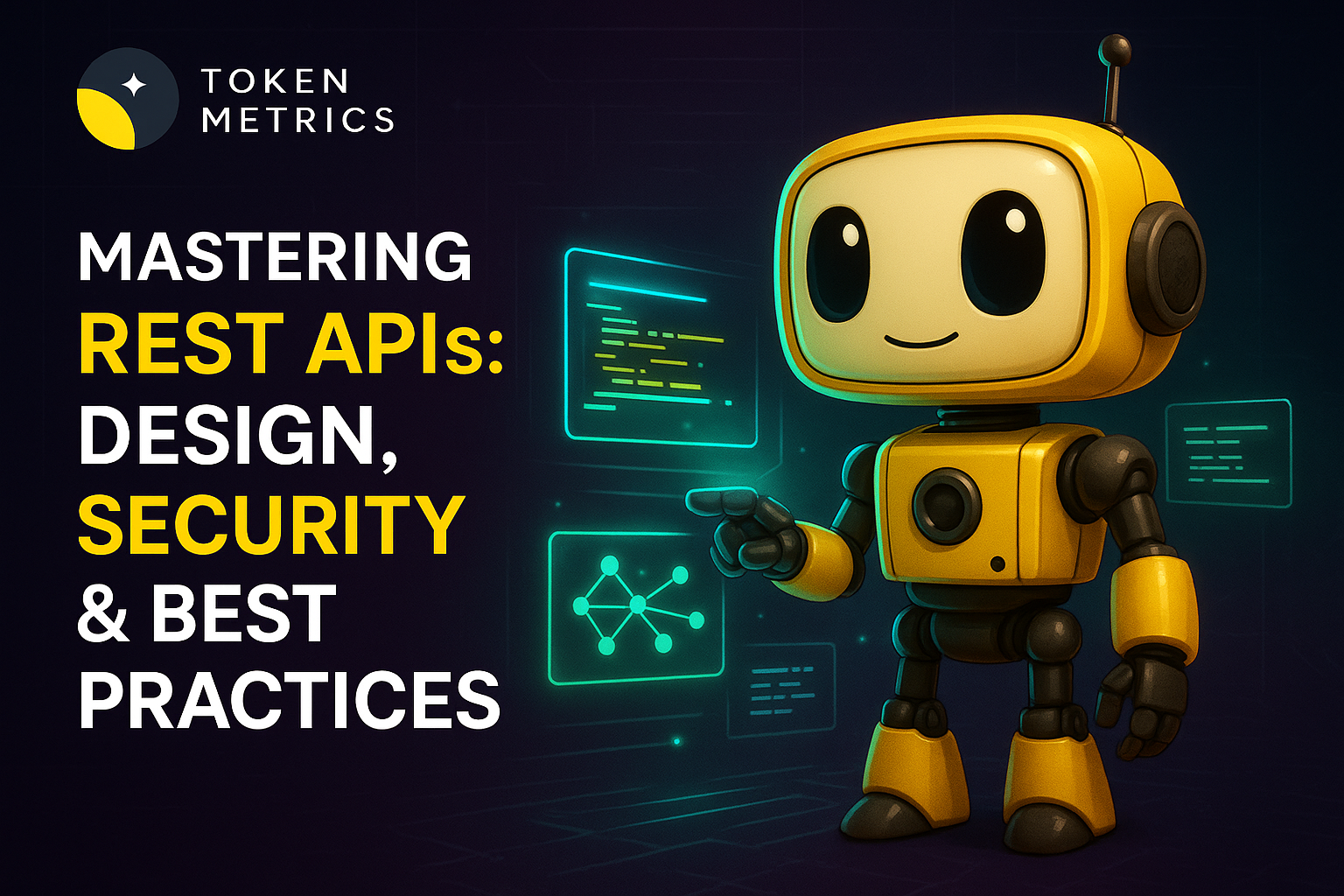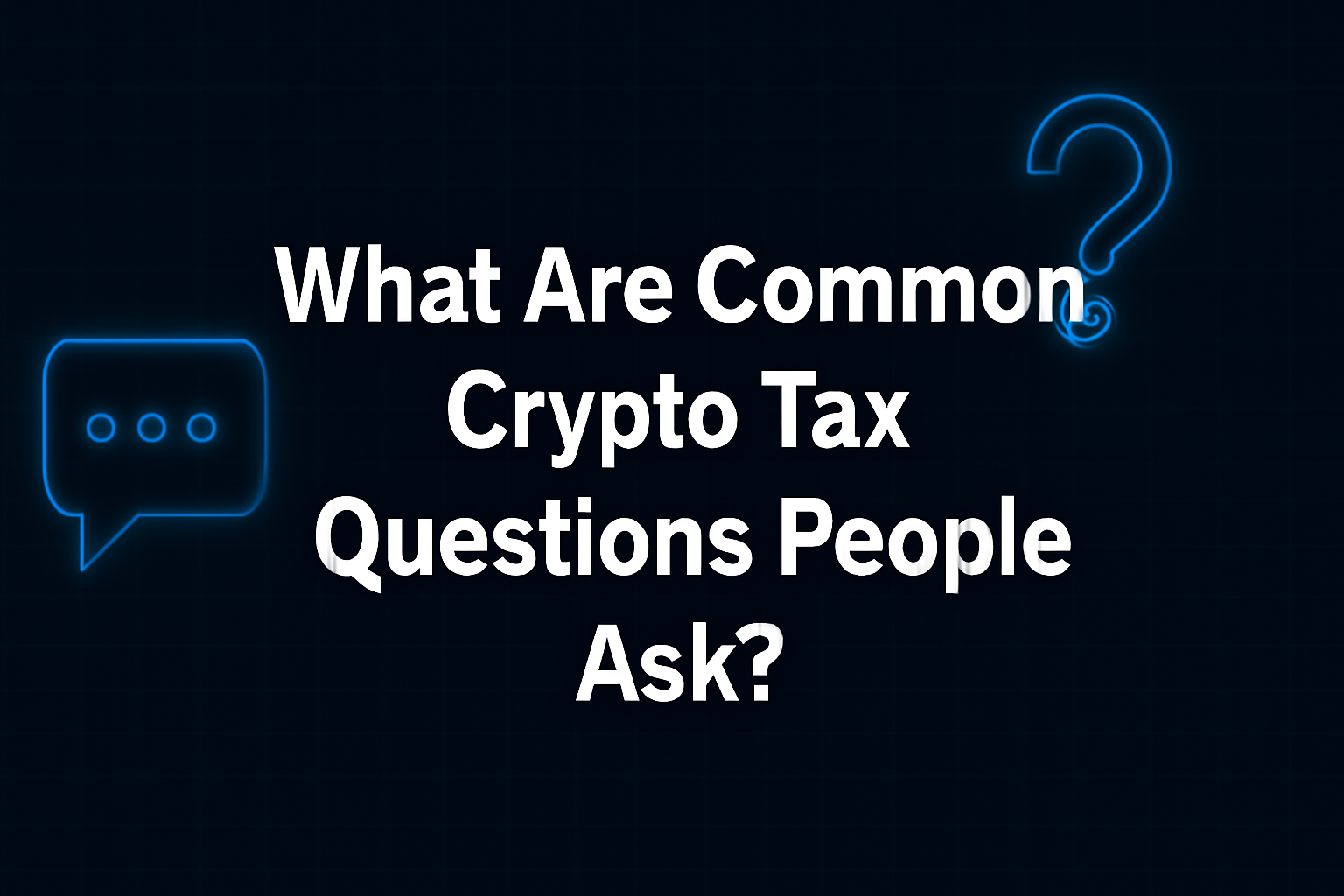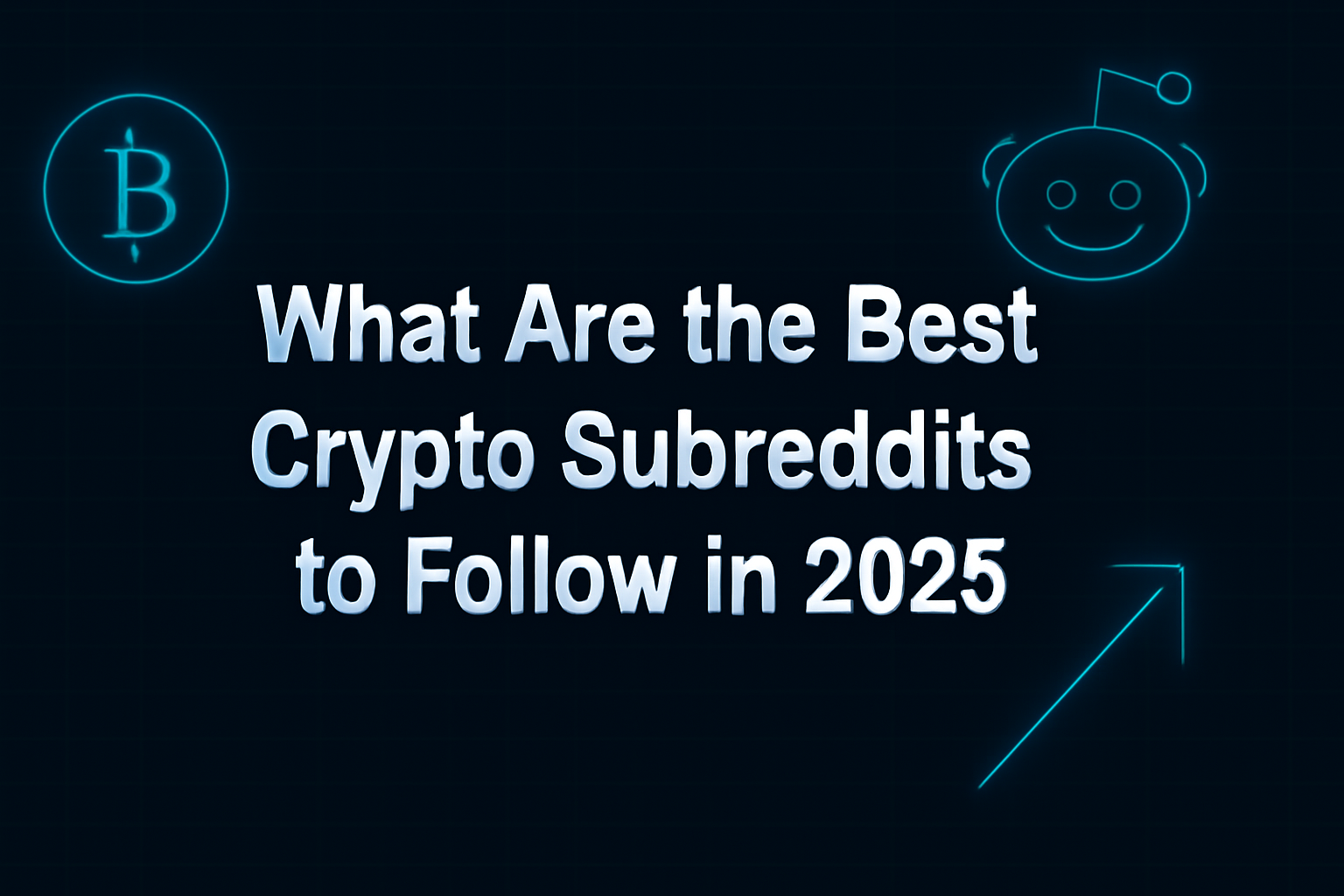
Mastering REST APIs: Design, Security & Best Practices

The digital transformation of industries worldwide has positioned REST APIs as the fundamental building blocks of modern software architecture. From cryptocurrency trading platforms to enterprise applications, REST APIs enable seamless communication between disparate systems, allowing developers to build sophisticated applications that leverage data and functionality from multiple sources. This comprehensive guide delves into the intricate world of REST API design, security protocols, performance optimization, testing methodologies, and emerging AI-assisted tooling that is revolutionizing how developers build and maintain APIs.
The Foundation of REST API Design Principles
Creating a robust REST API begins with understanding the architectural principles that make RESTful services elegant and maintainable. The concept of resource-oriented design stands at the core of REST architecture, where every piece of data or functionality is treated as a resource accessible through a unique identifier. In the context of cryptocurrency APIs, this means representing digital assets, blockchain transactions, market data, and trading pairs as distinct resources that clients can interact with through standard HTTP methods.
The principle of statelessness in REST API design ensures that each request contains all necessary information for the server to process it, without relying on stored session data. This architectural decision brings significant advantages in scalability and reliability, making it ideal for high-traffic applications like crypto trading platforms where thousands of concurrent users might be accessing market data simultaneously. Token Metrics has built its cryptocurrency API infrastructure on these principles, ensuring that developers can access real-time crypto market data, token analytics, and AI-driven insights through a stateless, scalable interface that handles millions of requests efficiently.
Uniform interface constraints define how clients interact with REST APIs, creating predictability and reducing the learning curve for developers. This uniformity manifests through consistent use of HTTP methods, standardized response formats, and logical URI structures. When designing endpoints for a blockchain API, maintaining this uniformity means that developers can intuitively understand how to query different cryptocurrency data sources without consulting extensive documentation for each endpoint. The self-descriptive nature of well-designed REST APIs allows messages to contain sufficient information about how to process them, reducing coupling between clients and servers.
Advanced Security Strategies for REST APIs
Security in REST API development transcends basic authentication to encompass a comprehensive defense strategy that protects against evolving threats. Modern REST APIs, especially those handling cryptocurrency transactions and blockchain data, must implement multiple layers of security to safeguard sensitive information and prevent unauthorized access. Token-based authentication using JSON Web Tokens has become the industry standard, providing a secure, stateless mechanism for verifying user identity across multiple requests without maintaining server-side session storage.
The implementation of OAuth 2.0 authorization frameworks adds another dimension of security, particularly relevant for crypto APIs that need to grant third-party applications limited access to user data. This protocol allows users to authorize trading bots or portfolio management tools to access their cryptocurrency holdings or execute trades without sharing their primary credentials. Token Metrics implements enterprise-grade security protocols in its crypto API, ensuring that developers and institutional clients can access sensitive market analytics and trading signals while maintaining the highest standards of data protection.
API key management forms a critical component of REST API security, requiring careful consideration of key generation, rotation, and revocation strategies. For cryptocurrency APIs where unauthorized access could lead to financial losses, implementing rate limiting per API key prevents abuse and ensures fair resource allocation. Combining API keys with IP whitelisting provides an additional security layer, particularly valuable for institutional clients accessing crypto market data through automated systems. The principle of least privilege should guide permission assignments, granting API consumers only the access levels necessary for their specific use cases.
Encryption must extend beyond just transport layer security to encompass data at rest and in transit. While HTTPS encryption protects data during transmission, sensitive information stored in databases or cache systems requires encryption at the application level. For blockchain APIs handling wallet addresses, private transaction data, or user credentials, implementing field-level encryption ensures that even if storage systems are compromised, the data remains protected. Token Metrics employs comprehensive encryption strategies across its crypto API infrastructure, protecting proprietary algorithms, user data, and sensitive market intelligence.
Performance Optimization Techniques for High-Traffic APIs
Performance optimization separates adequate REST APIs from exceptional ones, particularly in environments like cryptocurrency trading where milliseconds can impact profitability. Implementing intelligent caching strategies stands as one of the most effective performance improvements, reducing database load and accelerating response times. For crypto APIs serving market data, distinguishing between frequently changing data like current prices and relatively stable data like historical records allows for optimized cache invalidation strategies that balance freshness with performance.
Database query optimization directly impacts REST API response times, making it essential to design efficient queries and proper indexing strategies. When building cryptocurrency APIs that aggregate data from multiple blockchain networks, implementing connection pooling and query result caching prevents redundant database operations. Token Metrics optimizes its crypto API infrastructure to deliver real-time cryptocurrency prices, token ratings, and market analytics with minimal latency, leveraging sophisticated caching mechanisms and database optimization techniques that ensure traders and developers receive time-sensitive information promptly.
Content delivery networks and edge caching bring API responses closer to end users, reducing latency for globally distributed applications. This becomes particularly important for cryptocurrency applications where users trade digital assets from around the world and require consistent, fast access to market data. Implementing CDN strategies for static API responses and using edge computing for dynamic content generation ensures that crypto APIs maintain low latency regardless of user location.
Pagination and data filtering strategies prevent REST APIs from becoming overwhelmed by large dataset requests. Rather than forcing clients to download thousands of cryptocurrency listings or blockchain transactions in a single request, implementing cursor-based pagination with configurable page sizes allows efficient data retrieval. Supporting query parameters for filtering, sorting, and field selection enables clients to request exactly the data they need, reducing bandwidth consumption and improving response times. These optimization techniques become crucial when building crypto analytics APIs that might need to serve historical price data spanning years of market activity.
Comprehensive Testing Strategies for REST APIs
Testing REST APIs requires a multi-layered approach that validates functionality, performance, security, and reliability under various conditions. Unit testing individual API endpoints ensures that each component behaves correctly in isolation, validating request parsing, business logic execution, and response formatting. For cryptocurrency APIs, unit tests must verify that price calculations, trading signal generation, and blockchain data parsing functions correctly across different market conditions and edge cases.
Integration testing validates how different API components work together and how the API interacts with external systems like databases, blockchain nodes, and third-party services. When building crypto APIs that aggregate data from multiple exchanges or blockchain networks, integration tests ensure that data synchronization, error handling, and failover mechanisms function correctly. Token Metrics maintains rigorous testing protocols for its cryptocurrency API, ensuring that developers receive accurate, reliable market data and analytics even when individual data sources experience disruptions.
Load testing and stress testing reveal how REST APIs perform under high traffic conditions, identifying bottlenecks and scalability limitations before they impact production users. For crypto trading APIs where market volatility can trigger massive spikes in request volume, understanding system behavior under load becomes critical. Simulating scenarios where thousands of users simultaneously query cryptocurrency prices or execute trades helps identify resource constraints and optimize system architecture for peak performance.
Security testing encompasses vulnerability assessments, penetration testing, and continuous monitoring for emerging threats. Automated security scanners can identify common vulnerabilities like SQL injection, cross-site scripting, and authentication bypasses, while manual penetration testing uncovers more sophisticated security weaknesses. For blockchain APIs handling financial transactions, regular security audits ensure that the API maintains protection against evolving attack vectors and complies with industry security standards.
AI-Assisted Tooling and Development Workflows
Artificial intelligence is transforming how developers design, build, and maintain REST APIs, offering capabilities that streamline development workflows and improve code quality. AI-powered code generation tools can create boilerplate API code, reducing repetitive tasks and allowing developers to focus on business logic implementation. When building cryptocurrency APIs, AI assistants can generate endpoint definitions, request validators, and response serializers based on specifications, accelerating development timelines significantly.
Intelligent API documentation generation leverages AI to analyze code and automatically produce comprehensive documentation that stays synchronized with implementation. Rather than manually writing and updating API documentation as endpoints evolve, AI tools can extract information from code comments, type definitions, and tests to generate interactive documentation. This capability proves invaluable for crypto API providers like Token Metrics, where maintaining accurate documentation across hundreds of endpoints covering various aspects of cryptocurrency market data, blockchain analytics, and trading signals becomes a substantial undertaking.
AI-driven testing and quality assurance tools automatically generate test cases, identify edge cases, and predict potential failure scenarios based on API specifications and historical data. Machine learning models trained on common API vulnerabilities can proactively identify security weaknesses during development, preventing issues before they reach production. For cryptocurrency APIs where security vulnerabilities could lead to financial losses, AI-assisted security testing provides an additional layer of protection beyond traditional manual code reviews.
Natural language processing enables developers to interact with APIs using conversational interfaces, querying crypto market data or executing API operations through chat-like interactions. This technology reduces the learning curve for new developers and enables faster prototyping and experimentation. Token Metrics continues exploring AI-assisted tools and interfaces that make accessing cryptocurrency analytics and market intelligence more intuitive for developers, traders, and analysts.
API Versioning and Lifecycle Management
Effective versioning strategies ensure that REST APIs can evolve without breaking existing integrations, a critical consideration for cryptocurrency APIs where trading bots and automated systems depend on consistent endpoints. Implementing version numbers in URL paths provides explicit versioning that makes it clear which API version clients are accessing. The approach of maintaining multiple active API versions simultaneously allows legacy clients to continue functioning while new clients adopt enhanced features and improved architectures.
Deprecation policies and communication strategies guide clients through API transitions, providing adequate time and resources for migration. For crypto APIs, announcing deprecations well in advance and offering migration guides helps developers transition their trading systems and applications without disruption. Token Metrics maintains clear versioning and deprecation policies for its cryptocurrency API, ensuring that clients have stable, reliable access to market data while the platform continues evolving with new features and capabilities.
Backward compatibility considerations influence how API changes are implemented, distinguishing between additive changes that don't break existing clients and breaking changes that require version increments. Adding new fields to API responses typically maintains backward compatibility, while removing fields or changing response structures constitutes breaking changes requiring careful management. For blockchain APIs, maintaining backward compatibility becomes particularly important when integrating new blockchain protocols or cryptocurrency assets into existing data structures.
Monitoring, Analytics, and Observability
Comprehensive monitoring transforms raw API metrics into actionable insights that guide optimization efforts and operational decisions. Tracking key performance indicators like response times, error rates, request volumes, and throughput provides visibility into API health and user behavior patterns. For cryptocurrency APIs experiencing traffic spikes during market volatility, real-time monitoring enables rapid response to performance degradation or system issues before they significantly impact users.
Distributed tracing provides end-to-end visibility into request flows through complex API architectures, identifying bottlenecks and dependencies that impact performance. When a crypto API aggregates data from multiple blockchain networks and external services, distributed tracing reveals which components contribute most to overall latency, guiding optimization priorities. Token Metrics employs sophisticated monitoring and observability tools across its crypto API infrastructure, ensuring that issues are detected and resolved quickly to maintain reliable access to critical cryptocurrency market data.
Analytics platforms aggregate API usage data to reveal consumption patterns, popular endpoints, and opportunities for optimization or new feature development. Understanding how developers use a cryptocurrency API informs roadmap decisions, helping prioritize enhancements that deliver maximum value. Analyzing which crypto assets, trading pairs, or analytical endpoints receive the most requests helps guide infrastructure scaling and caching strategies.
Documentation Excellence and Developer Experience
Outstanding API documentation serves as the primary interface between API providers and developers, significantly impacting adoption and successful integration. Comprehensive documentation goes beyond simple endpoint listings to include conceptual overviews, authentication guides, code samples in multiple programming languages, and common use case tutorials. For cryptocurrency APIs, documentation should address specific scenarios like retrieving real-time market data, analyzing token metrics, backtesting trading strategies, and integrating blockchain transaction data.
Interactive documentation tools enable developers to experiment with API endpoints directly from the documentation interface, dramatically reducing the time from discovery to first successful API call. Providing pre-configured examples for common cryptocurrency queries allows developers to see immediate results and understand response structures without writing code. Token Metrics offers extensive API documentation covering its comprehensive cryptocurrency analytics platform, including detailed guides for accessing token grades, market predictions, sentiment analysis, and technical indicators through the REST API.
SDK development in popular programming languages abstracts away HTTP request handling and response parsing, providing developers with native language interfaces to API functionality. Offering officially supported SDKs for Python, JavaScript, Java, and other languages accelerates integration and reduces implementation errors. For crypto APIs, SDKs can handle authentication, request signing, rate limiting, and error retry logic automatically, allowing developers to focus on building their applications rather than managing HTTP communications.
Error Handling and Resilience Patterns
Robust error handling distinguishes professional REST APIs from amateur implementations, particularly critical for cryptocurrency applications where clear error messages enable developers to quickly diagnose and resolve issues. Implementing standardized error response formats with descriptive error codes, human-readable messages, and actionable guidance helps developers troubleshoot problems efficiently. For crypto APIs, distinguishing between client errors like invalid cryptocurrency symbols and server errors like blockchain node connectivity issues enables appropriate error recovery strategies.
Circuit breaker patterns prevent cascading failures when external dependencies like blockchain nodes or data providers experience outages. Implementing intelligent retry logic with exponential backoff ensures that transient errors don't unnecessarily fail API requests while preventing retry storms that could overwhelm recovering systems. Token Metrics builds resilience into its cryptocurrency API infrastructure, implementing sophisticated error handling and retry mechanisms that maintain service availability even when individual data sources experience disruptions.
Graceful degradation strategies allow APIs to continue serving requests with reduced functionality when certain features or data sources become unavailable. For blockchain APIs that aggregate data from multiple networks, implementing fallback mechanisms ensures that if one blockchain node becomes unreachable, the API can still serve data from available sources. This approach maintains partial functionality rather than complete failure, providing better user experience during system disruptions.
Rate Limiting and Throttling Strategies
Implementing intelligent rate limiting protects REST APIs from abuse while ensuring fair resource allocation among all users. Token bucket algorithms provide flexible rate limiting that accommodates burst traffic while maintaining average rate constraints, ideal for cryptocurrency APIs where market events can trigger sudden request spikes. Differentiating rate limits by authentication tier enables free users to explore the API while encouraging heavy users to upgrade to paid plans with higher limits.
Dynamic throttling adjusts rate limits based on system load and resource availability, automatically tightening limits during high traffic periods and relaxing them during normal operations. For crypto trading APIs where market volatility correlates with request volume, dynamic throttling prevents system overload while maintaining service for all users. Token Metrics implements sophisticated rate limiting across its cryptocurrency API tiers, balancing accessibility for developers with the need to maintain system stability and performance under varying load conditions.
Rate limit communication through response headers informs clients about their current consumption, remaining quota, and reset times, enabling intelligent request scheduling and avoiding unnecessary throttling. Providing these details helps developers building cryptocurrency trading systems optimize their API usage patterns and avoid interruptions during critical market moments.
Real-World Implementation Patterns
Microservices architecture demonstrates how REST APIs enable building complex systems from loosely coupled, independently deployable services. In cryptocurrency platforms, separating market data services, trading execution engines, analytics processors, and user management into distinct microservices connected through REST APIs creates flexible, scalable systems. Each microservice can be developed, deployed, and scaled independently, allowing teams to iterate rapidly and respond to changing requirements.
Event-driven architectures combine REST APIs with asynchronous messaging systems, enabling real-time updates and reactive systems that respond to market events. For cryptocurrency applications, publishing blockchain events, price updates, and trading signals to message queues allows multiple consumers to process events concurrently. Token Metrics leverages event-driven patterns in its crypto API infrastructure, delivering real-time market intelligence and trading signals to subscribers while maintaining system scalability and responsiveness.
API gateway patterns centralize cross-cutting concerns like authentication, rate limiting, logging, and request routing, simplifying individual service implementations. For blockchain API platforms that aggregate data from multiple sources, API gateways provide a unified entry point that handles authentication once and routes requests to appropriate backend services. This architecture reduces code duplication and ensures consistent security policies across all API endpoints.
The Future of REST APIs in Blockchain Technology
The evolution of blockchain technology and decentralized systems presents new opportunities and challenges for REST API design. Web3 applications require APIs that bridge traditional REST interfaces with blockchain interactions, enabling developers to build applications that leverage decentralized protocols without managing blockchain nodes directly. REST APIs that provide simplified interfaces to complex smart contracts, DeFi protocols, and NFT marketplaces will continue growing in importance as the cryptocurrency ecosystem matures.
GraphQL and alternative API paradigms offer different approaches to data fetching, addressing some limitations of traditional REST APIs. While REST remains the dominant standard, understanding how complementary technologies can enhance cryptocurrency API capabilities helps developers choose the right tool for each use case. Token Metrics continues innovating in the crypto API space, exploring emerging technologies and paradigms that can improve how developers access and analyze cryptocurrency market data.
Artificial intelligence integration within REST APIs themselves represents a frontier where APIs become more intelligent and adaptive. Machine learning models embedded in cryptocurrency APIs can personalize responses, predict user needs, and provide proactive alerts based on individual trading patterns and preferences. The convergence of AI capabilities with traditional REST API architectures creates powerful new possibilities for delivering value to developers and end users.
Conclusion
Mastering REST API design, security, and best practices requires understanding both fundamental principles and advanced implementation techniques. From authentication and encryption to performance optimization and testing strategies, each aspect contributes to building APIs that developers trust and rely on for their applications. The emergence of AI-assisted tooling accelerates development workflows while improving code quality, enabling teams to build more sophisticated APIs in less time.
In the cryptocurrency industry, REST APIs serve as the critical infrastructure connecting developers to blockchain data, market intelligence, and trading functionality. Token Metrics exemplifies excellence in crypto API design, providing comprehensive cryptocurrency analytics, AI-driven insights, and real-time market data through a secure, performant, and well-documented RESTful interface. Whether building new blockchain applications, developing trading systems, or integrating cryptocurrency data into existing platforms, applying these REST API best practices and leveraging powerful crypto APIs like those offered by Token Metrics accelerates development and enhances application capabilities.
As technology continues advancing and the cryptocurrency ecosystem evolves, REST APIs will adapt and improve while maintaining the core principles of simplicity, scalability, and reliability that have made them the foundation of modern web architecture. Developers who invest in mastering REST API design and implementation position themselves to build the next generation of innovative applications that shape our increasingly connected digital future.

.svg)

Create Your Free Token Metrics Account

.png)




%201.svg)
%201.svg)


%201.svg)









.svg)




.png)